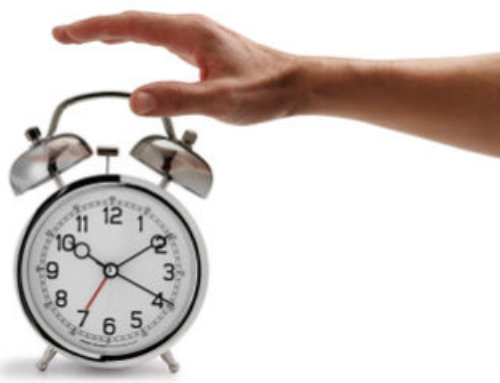FOR IMMEDIATE RELEASE
CONTACT: Lynn Celmer, 630-737-9700, ext. 9364, lcelmer@aasm.org
DARIEN, IL – A new study suggests that disturbed sleep in adolescents is associated with more symptoms of depression and greater uncertainly about future success. However, perceived support and acceptance from parents and teachers appears to have a protective effect.
Results show that disturbed sleep was significantly associated with depressed mood and greater uncertainty about future success. Higher levels of perceived support from parents and from teachers were associated with significantly fewer sleep disruptions and subsequently with fewer symptoms of depression and greater optimism about the future. These associations with better outcomes were not observed from perceptions of support from peers.
“We were surprised that while perceived support and acceptance from parents and teachers had a protective effect, support and acceptance from peers did not,” said Fred Danner, PhD, the study’s lead author and professor of educational psychology at the University of Kentucky in Lexington, Ky.
The research abstract was published recently in an online supplement of the journal SLEEP, and Danner will present the findings Wednesday, June 5, in Baltimore, Md., at SLEEP 2013, the 27th annual meeting of the Associated Professional Sleep Societies LLC.
The study involved 6,092 adolescents between the ages of 15 and 19 years who completed the Swiss Multicentre Adolescent Survey on Health, a comprehensive health and psychological functioning questionnaire. Measures included questions concerning sleep disruption, depressive symptoms, uncertainty about finishing school and getting a job, and levels of emotional support and acceptance from parents, teachers and peers.
“These results confirm the link between sleep quality and depression in a large national sample,” said Danner.
According to the National Alliance on Mental Illness (NAMI), studies have shown that about eight percent of adolescents meet the criteria for major depression. The National Institute of Mental Health also reports that half of all lifetime cases of mental illness begin by age 14.
For a copy of the abstract, “The influence of supportive parents, peers, and teachers on adolescent sleep, depression, and hopes for the future,” to arrange an interview with Dr. Danner or an AASM spokesperson, or to register for a press pass to attend SLEEP 2013, please contact AASM Communications Coordinator Lynn Celmer at 630-737-9700, ext. 9364, or lcelmer@aasm.org.
A joint venture of the American Academy of Sleep Medicine and the Sleep Research Society, the annual SLEEP meeting brings together an international body of more than 5,500 leading clinicians and scientists in the fields of sleep medicine and sleep research. At SLEEP 2013 (www.sleepmeeting.org), more than 1,300 research abstract presentations will showcase new findings that contribute to the understanding of sleep and the effective diagnosis and treatment of sleep disorders such as insomnia, narcolepsy and sleep apnea.
The American Academy of Sleep Medicine considers sleep disorders an illness that has reached epidemic proportions. Board-certified sleep medicine physicians in an AASM-accredited sleep center provide effective treatment. AASM encourages patients to talk to their doctors about sleep problems or visit www.sleepeducation.com for a searchable directory of sleep centers.








